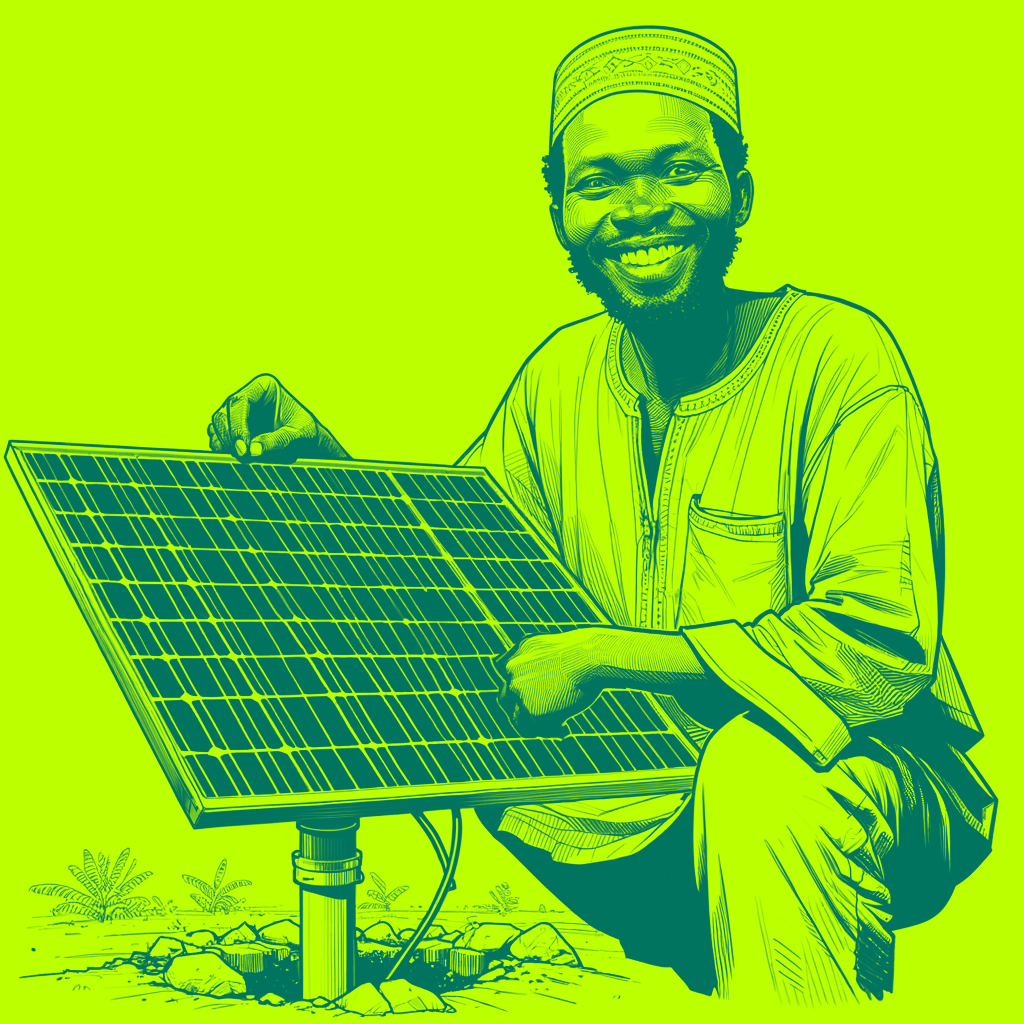Solar Energy in Africa: A Journey of Growth and Impact
Africa’s relationship with solar energy is evolving rapidly, marked by significant developments and tangible impacts across the continent.
Harnessing the Sun’s Power
The continent’s solar potential is extraordinary. For example, the Sahara Desert receives enough solar energy in six hours to power the entire world for a year. Yet, this potential is only beginning to be tapped. In countries like Kenya, solar power contributes to about 2% of the national energy supply, but the scope for expansion is vast.
Progress in Numbers
Specific countries are leading the way in solar energy adoption. South Africa, for example, has added over 1,000 MW of solar power to its national grid since 2011. Morocco’s Noor Ouarzazate Solar Complex, one of the world’s largest solar power plants, has a capacity of 580 MW, enough to power over a million homes.
Overcoming Adoption Barriers
Challenges in harnessing solar energy are present but being addressed. High initial costs of solar installations are a significant barrier. However, initiatives like the African Development Bank’s ‘Desert to Power’ initiative aim to leverage financing to expand solar power across the Sahel region. In terms of technical expertise, partnerships with international renewable energy firms are helping bridge the gap. Regulatory challenges persist, but countries like Rwanda are making strides with favorable policies for renewable energy.
Innovations in Solar Technology
Innovative solar solutions are making an impact. In East Africa, pay-as-you-go solar home systems are revolutionizing access to electricity for rural households. Companies like Off Grid Electric (ZOLA Electric) in Tanzania and PEG Africa in Ghana are leading this transformation. In urban areas, solar mini-grids are providing reliable power to communities and small businesses, fostering economic growth.
International Support and Investment
The role of international partnerships is pivotal. The International Renewable Energy Agency (IRENA) reports that international financial institutions and development partners have increased investments in Africa’s renewable sector, with solar energy receiving a significant share.
Solar’s Socio-Economic Benefits
The socio-economic benefits of solar energy are evident. In Rwanda, solar-powered ‘Solar Kiosks’ provide employment and serve as community hubs for charging electronics and accessing information. The shift to solar energy is also creating job opportunities in installation, maintenance, and manufacturing of solar products.
The Road Ahead
The future of solar energy in Africa is promising. With decreasing costs of solar technology and increasing global investment, the expansion of solar energy is set to accelerate. The African Union’s Agenda 2063 envisions a continent with a sustainable energy supply, and solar energy is a key part of this vision.
In sum, solar energy in Africa is a dynamic field marked by growing investment, innovative solutions, and a clear impact on communities and economies. It’s a sector that not only illuminates homes but also opens doors to economic opportunities and environmental sustainability.



Leave a Reply